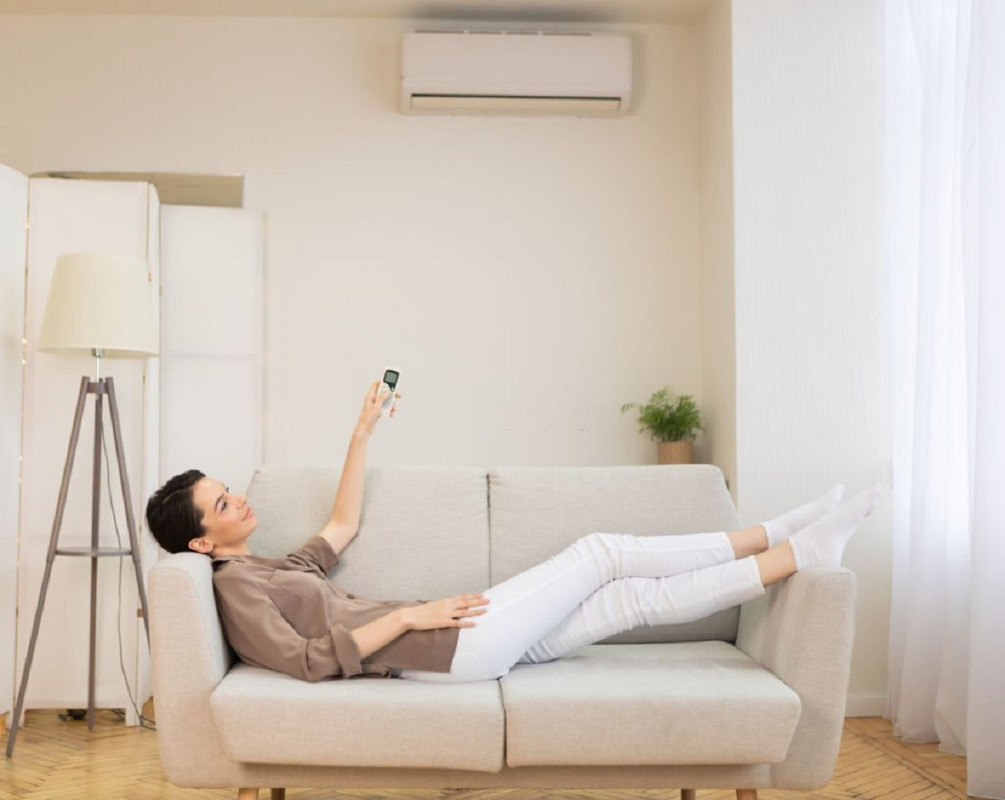How to Maintain a Split System for Optimal Performance and Longevity
Are you looking to maximize the efficiency and lifespan of your split system air conditioner? Proper maintenance is key to ensuring that your unit continues to perform at its best and lasts as long as possible. In this comprehensive guide, we will discuss the essential steps to maintaining your split system. By following these tips, you can save money on energy bills, reduce the risk of costly repairs, and enjoy a comfortable environment in your home or office.
1. Importance of Regular Maintenance
Regular maintenance of your split system is crucial for several reasons. First, it ensures that your air conditioner operates efficiently, which can save you money on energy bills. Second, proper maintenance can extend the life of your unit, reducing the need for expensive repairs or replacement. Finally, a well-maintained split system provides better air quality and comfort in your home or office.
2. Cleaning the Indoor Unit
To maintain your split system’s indoor unit, focus on three main components: the filters, the coils, and the blower fan.
Filters: Dirty or clogged filters can significantly reduce your air conditioner’s efficiency, leading to higher energy bills and potential damage to the unit. To clean your filters, follow these steps:
- Turn off the unit and unplug it from the power source.
- Open the front panel of the indoor unit and remove the filters.
- Vacuum any dust or debris from the filters.
- Wash the filters with warm, soapy water, and rinse thoroughly.
- Allow the filters to dry completely before reinstalling them.
- Replace the filters every three months or as recommended by the manufacturer.
Coils: Dust and dirt can accumulate on the indoor unit’s coils, reducing their ability to absorb heat and cool the air. To clean the coils, follow these steps:
- Turn off the unit and unplug it from the power source.
- Remove the front panel of the indoor unit to access the coils.
- Use a soft brush or vacuum cleaner with a brush attachment to gently remove dust and debris from the coils.
- Be careful not to bend or damage the delicate fins on the coils.
- Replace the front panel and restore power to the unit.
Blower Fan: The blower fan circulates the cooled air throughout your space. Dust and debris on the fan can reduce its efficiency and cause unpleasant odors. To clean the blower fan, follow these steps:
- Turn off the unit and unplug it from the power source.
- Remove the front panel of the indoor unit to access the blower fan.
- Use a soft brush or vacuum cleaner with a brush attachment to gently remove dust and debris from the fan blades.
- Be careful not to damage the fan or its motor.
- Replace the front panel and restore power to the unit.
3. Maintaining the Outdoor Unit
The outdoor unit of your split system also requires regular maintenance to ensure optimal performance. Focus on cleaning the exterior, clearing debris, and checking refrigerant levels.
Cleaning the Exterior: Dirt and grime on the outdoor unit can reduce its efficiency and lead to corrosion. To clean the exterior, follow these steps
- Turn off the unit and disconnect the power supply.
- Use a soft brush or cloth to remove dust and dirt from the exterior surfaces.
- For stubborn dirt or grime, use a mild soap and water solution to clean the exterior, then rinse with clean water.
- Allow the unit to dry completely before restoring power.
Clearing Debris: Leaves, grass, and other debris can accumulate around the outdoor unit, restricting airflow and reducing efficiency. To clear debris, follow these steps:
- Turn off the unit and disconnect the power supply.
- Remove any visible debris from around the unit.
- Trim any plants or bushes that are growing too close to the unit, leaving at least 2 feet of clearance on all sides.
- Ensure that the unit is level and stable on its base, adjusting as necessary.
Checking Refrigerant Levels: Low refrigerant levels can reduce your air conditioner’s cooling capacity and efficiency. While checking and adjusting refrigerant levels should be done by a professional, you can monitor for signs of low refrigerant, such as:
- Reduced cooling capacity
- Ice forming on the outdoor unit’s pipes
- Hissing or bubbling noises from the unit
- If you suspect low refrigerant levels, contact a professional HVAC technician for assistance.

4. Professional Servicing
In addition to regular cleaning and maintenance, it’s essential to have your split system professionally serviced at least once a year. A professional technician can perform a thorough inspection, identify potential issues, and perform necessary repairs to ensure your unit continues to operate efficiently and safely.
5. Additional Tips for Optimal Performance
To further enhance the performance and longevity of your split system, consider the following tips:
- Keep windows and doors closed while the unit is operating to prevent drafts and maintain consistent temperatures.
- Use window coverings to block direct sunlight, reducing the demand on your air conditioner.
- Set your thermostat to an energy-efficient temperature and avoid frequent adjustments.
- Inspect and clean your air ducts regularly to ensure proper airflow and air quality.
Conclusion
Proper maintenance is essential for maximizing the efficiency, performance, and lifespan of your split system air conditioner. By regularly cleaning the indoor and outdoor units, monitoring refrigerant levels, and scheduling professional servicing, you can enjoy a comfortable environment in your home or office while saving money on energy bills and reducing the risk of costly repairs. Invest in your split system’s care, and it will reward you with years of reliable service.
